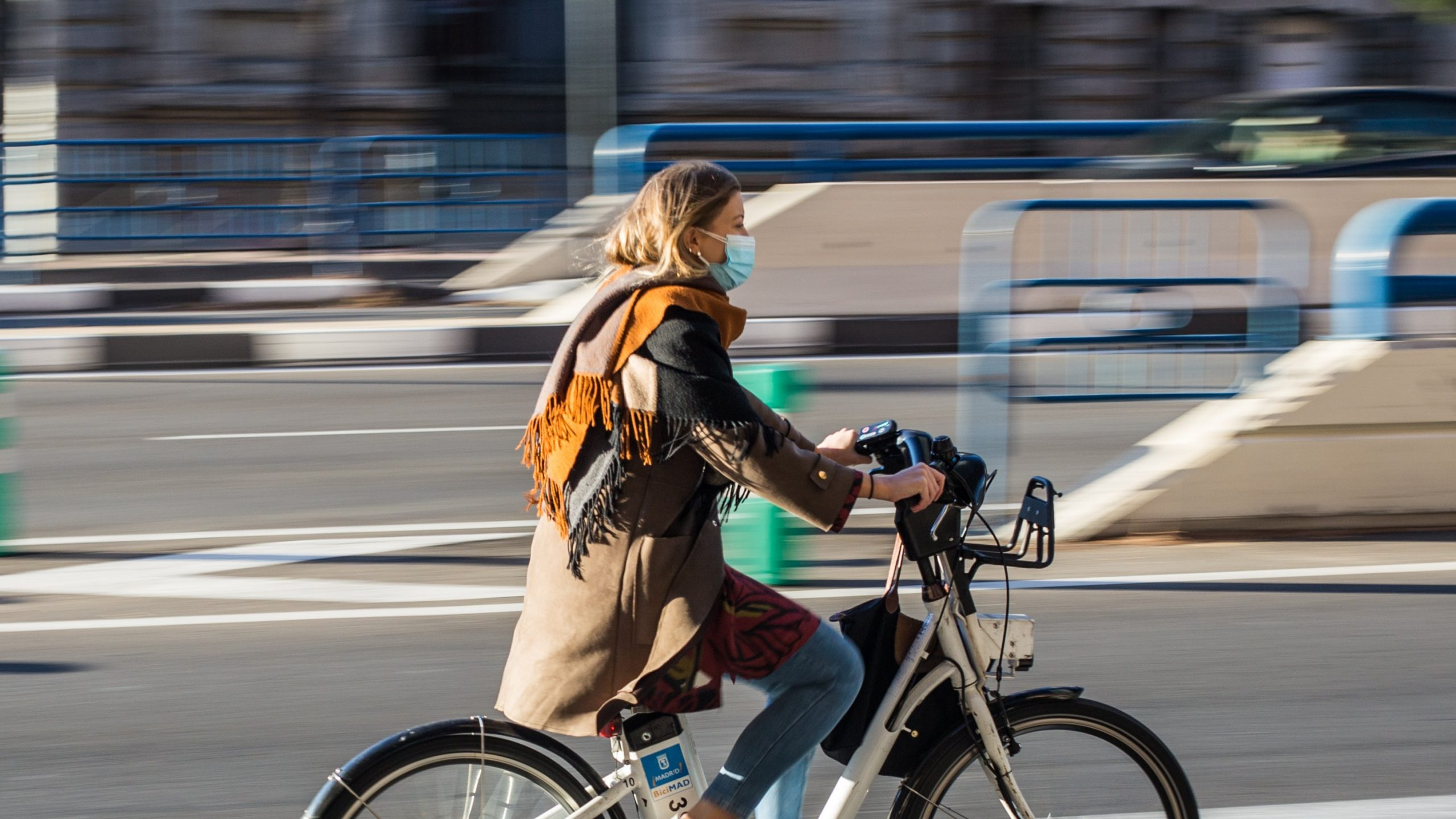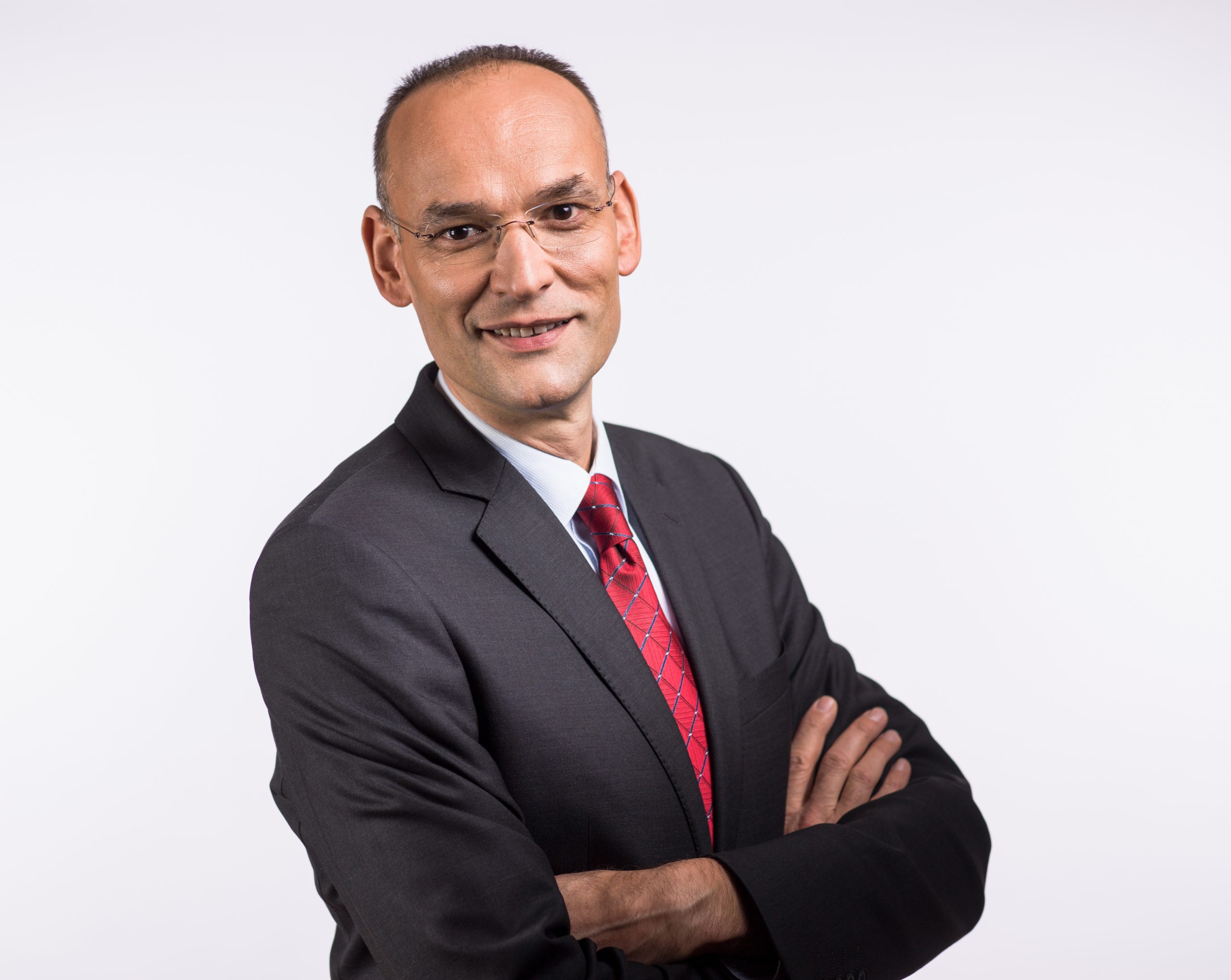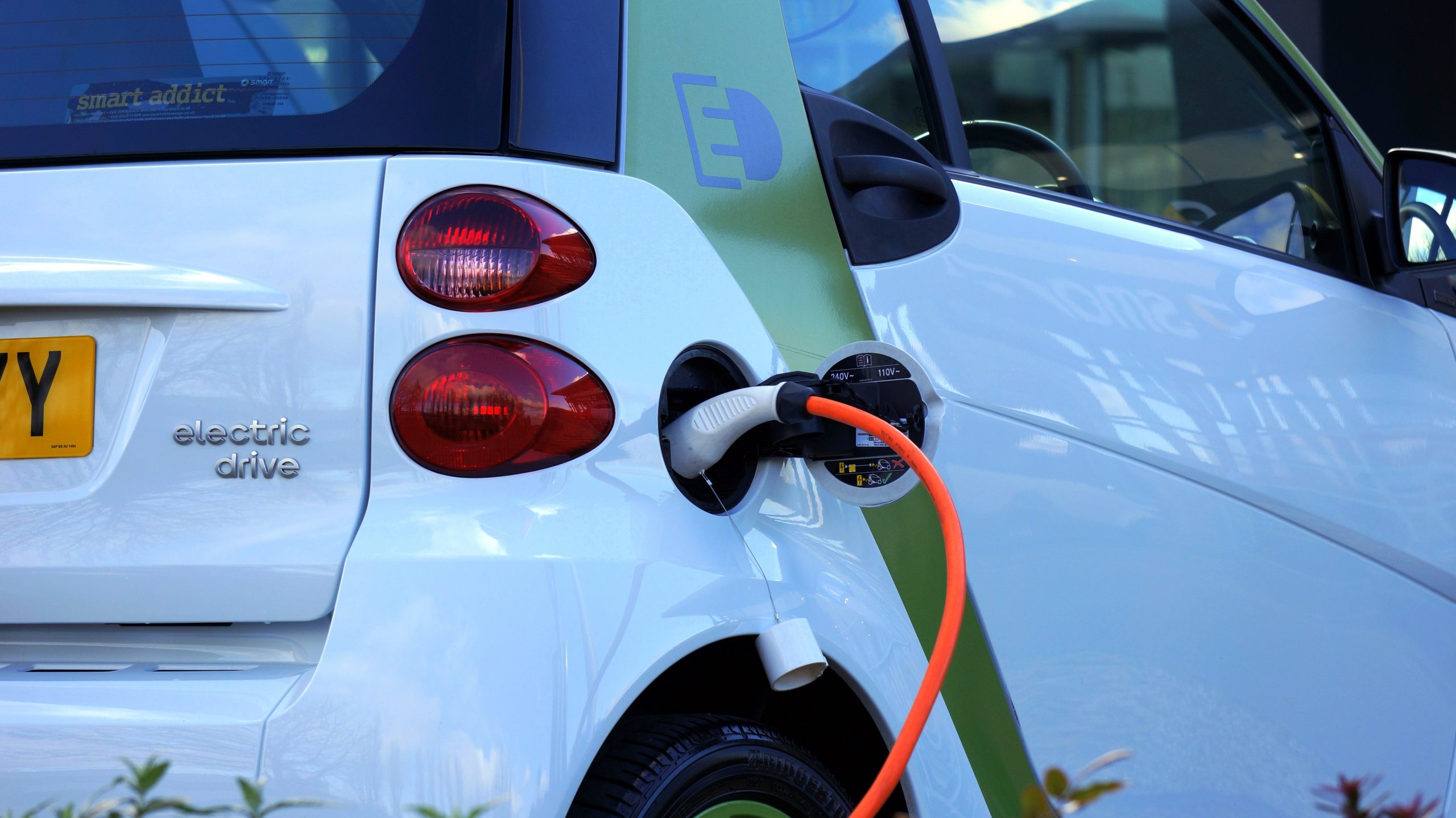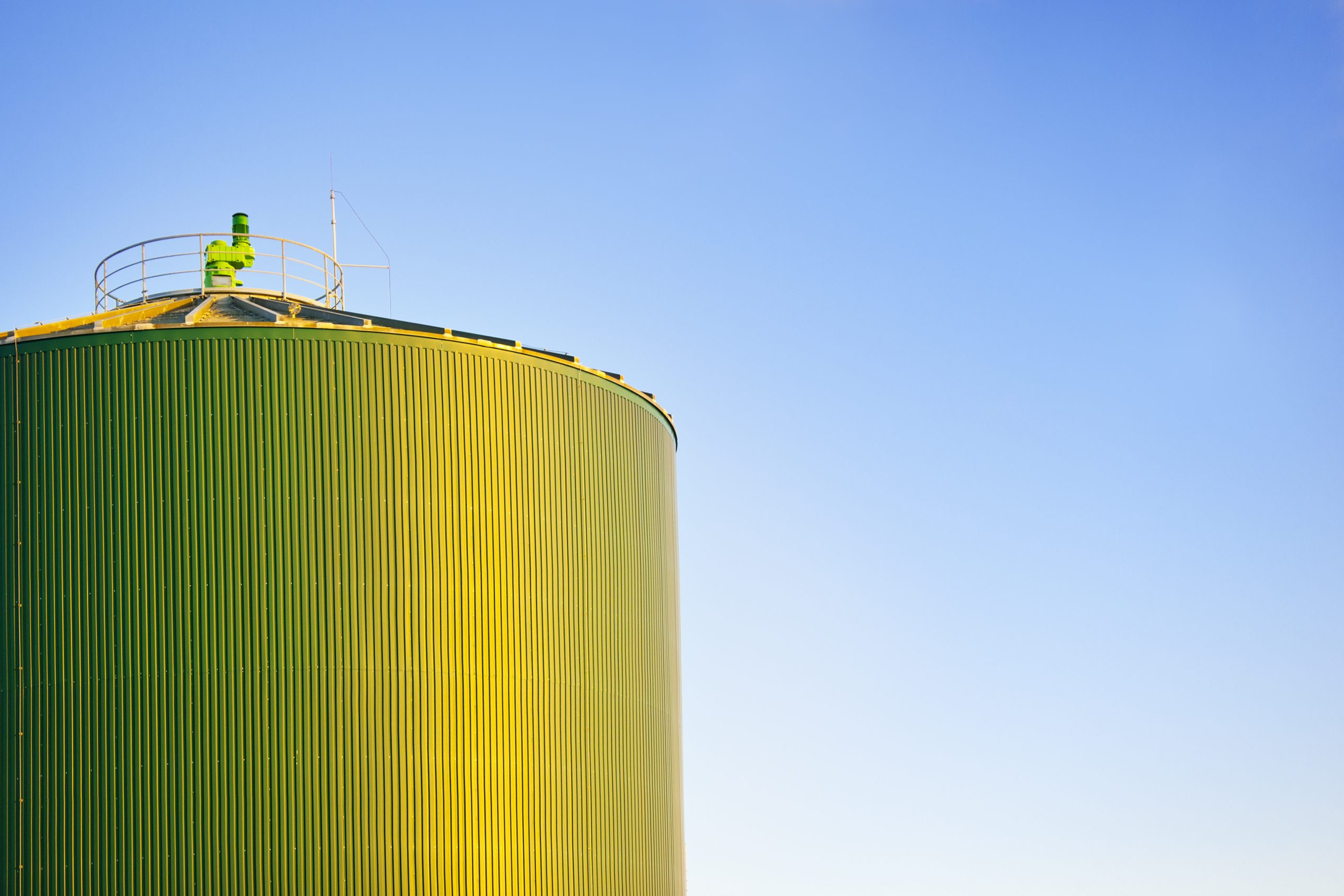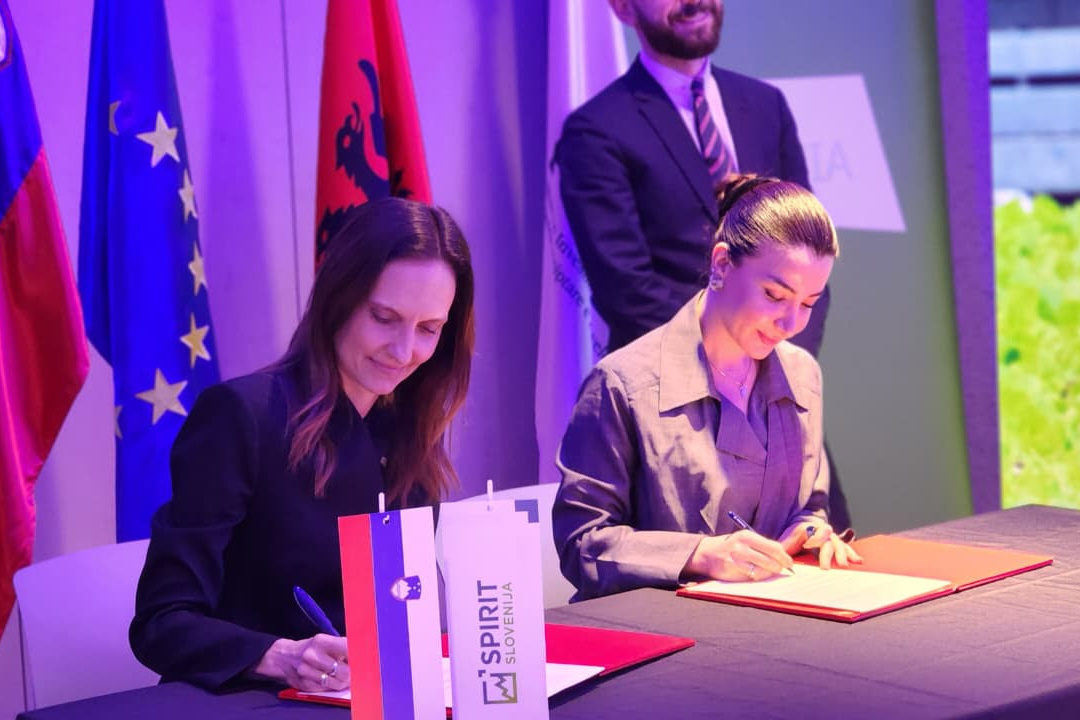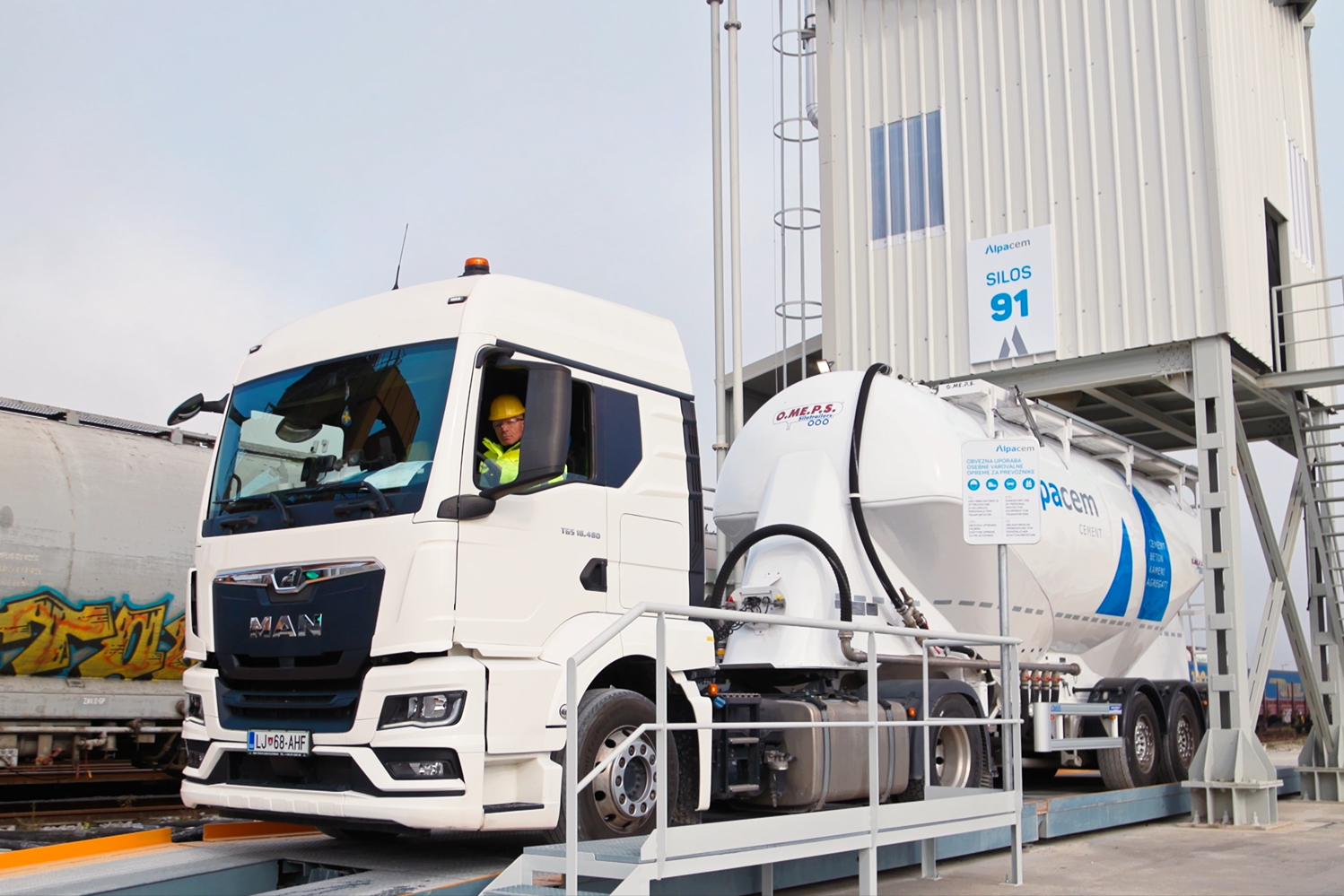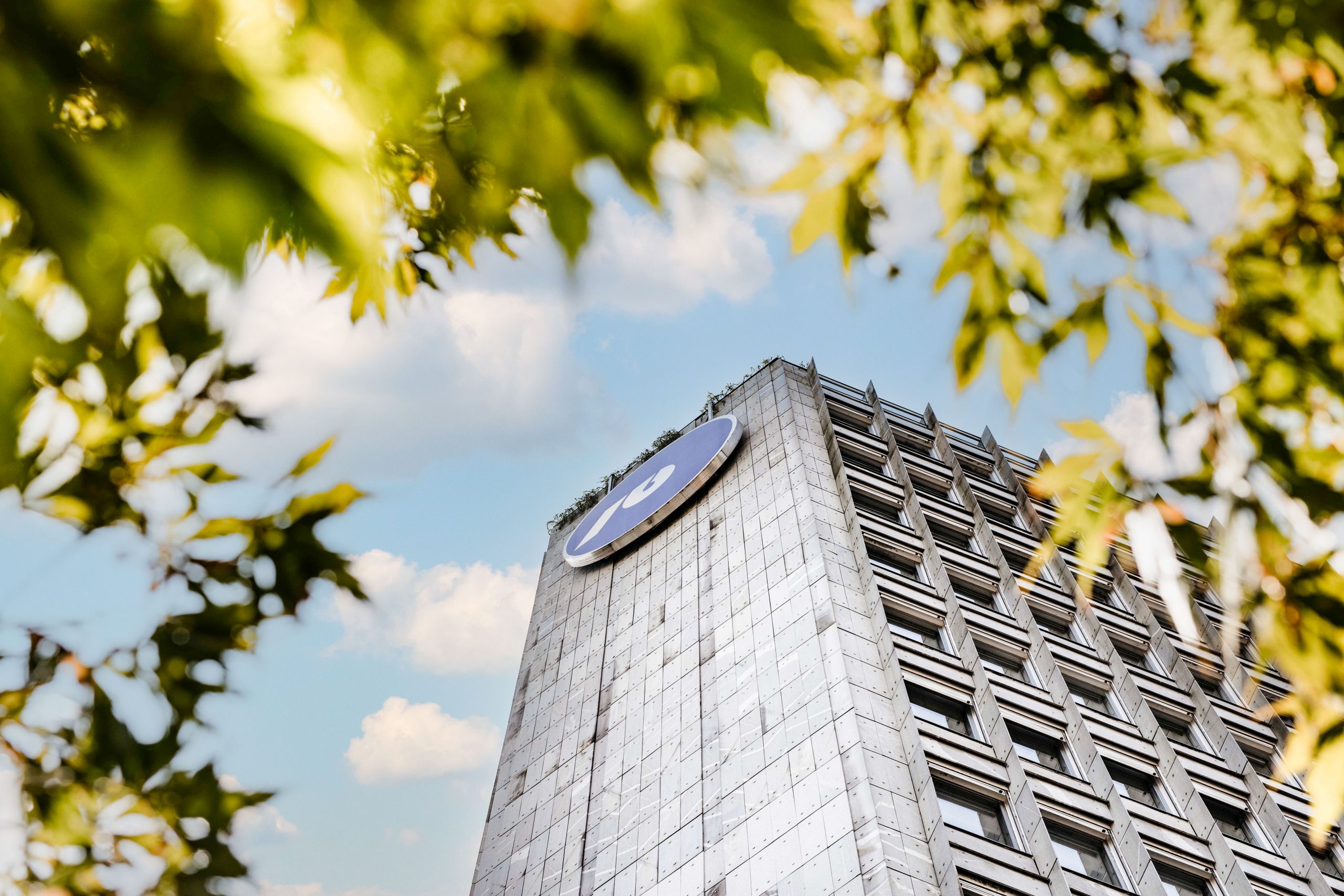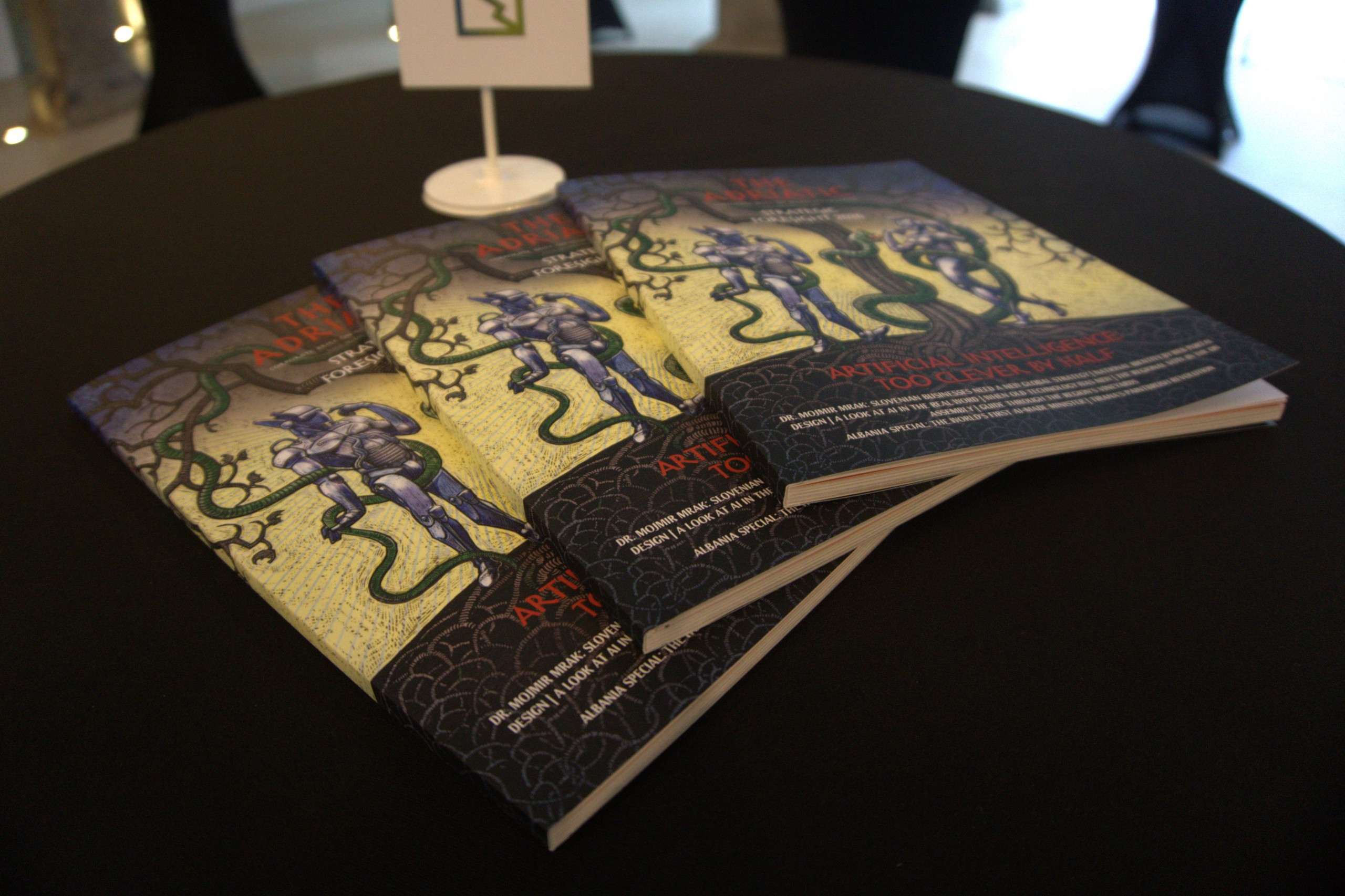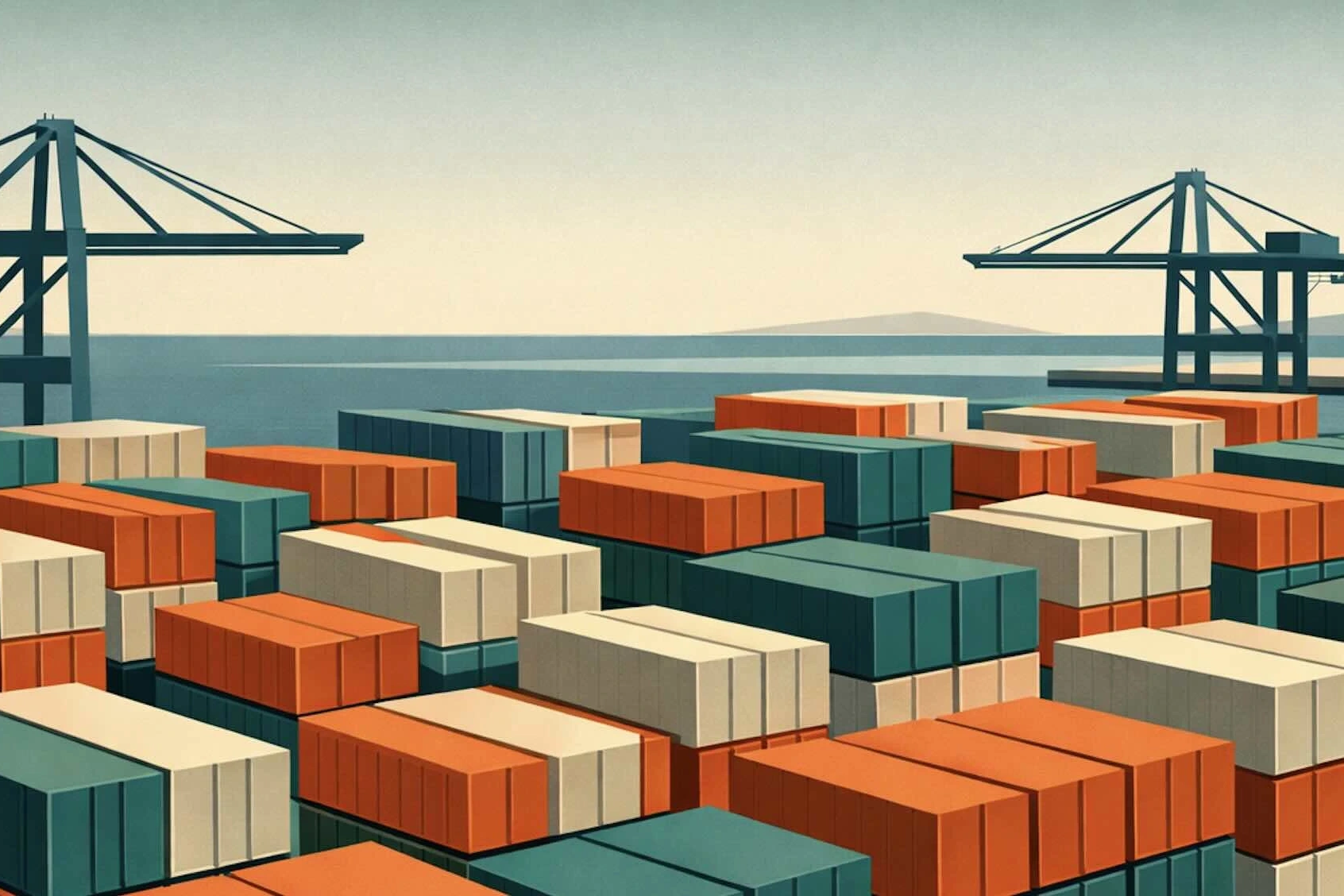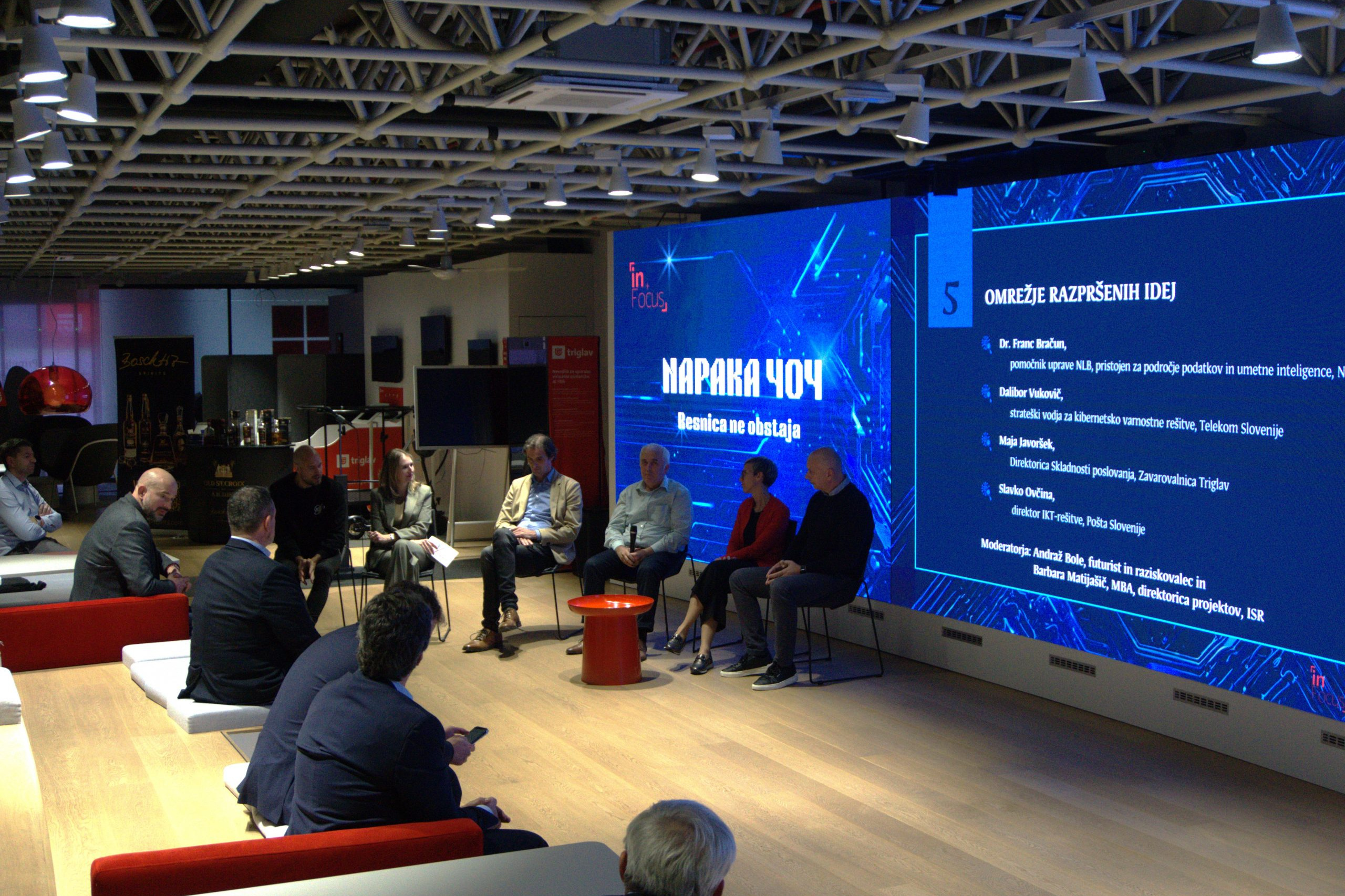Seeking business paths through the pandemic
The Quality of Our Lives Will Depend on How Sustainable We Are
Jan Tomše
Executive Editor
The Slovenian Petrol Group has found a recipe for successfully meeting the challenges of the COVID-19 pandemic with a combination of three factors: providing liquidity, managing costs, and optimizing sales and supply chains. They are convinced that due to the consequences of the pandemic, society and the economy will have to look even further for solutions in sustainable practices.
The speed and scale of the fall in energy investment activity in 2020 were unprecedented, according to International Energy Agency (IEA), a Paris-based intergovernmental organisation. As companies reined in spending, and project workers were confined to their homes, planned investments were also delayed, deferred, or shelved, and supply chains interrupted. The COVID 19 crisis and measures taken to slow its spread have had a profound impact on energy demand, the likes of which have not been seen for 70 years, IEA states. In its Global Energy Review issued in April 2020 and assessing the impact of the COVID-19 pandemic on the global energy system, IEA expected that overall energy demand would fall by 6% in 2020, while electricity demand was set to decline by 5%. In contrast, global carbon dioxide emissions were expected to drop by almost 8% compared with 2019.
During the pandemic, traffic curbs and mobility restriction measures accompanied drastic drops in economic activity. Sales of motor fuels fell. The Petrol Group, one of the largest businesses in the Adriatic region, responded comprehensively to the changed situation.
Aleksander Salkič
Director of Communications at Petrol
“In the first phase, activities were focused on ensuring the health of customers and employees, uninterrupted operations in changed circumstances, and on identifying and managing risks. Further activities have focused on the long-term so that the Petrol Group can operate smoothly in a highly changing business environment. In 2020, we paid special attention to cost optimization and business rationalization, which is also reflected in the plan for 2021,” explains Aleksander Salkič, Director of Corporate Communications at Petrol, which operates in Slovenia, Croatia, Serbia, Montenegro, Bosnia and Herzegovina, Kosovo, and North Macedonia.
Crucial optimization of sales and supply chains
Petrol generates more than 80 per cent of its revenues from energy trading, while the remainder is derived through trade in consumer goods and services. Both energy and trade are considered highly competitive industries. In addition to global industry trends, Petrol Group’s operations are influenced by several other, often interdependent factors, notes Salkič. Among the most important are the movement of energy prices and the gyrations of the US dollar, both a reflection of global economic conditions. During the pandemic, Petrol prioritized the health and safety of its employees and customers, as well as ensuring a reliable supply of energy. They addressed risks very directly. The measures followed the provision of sufficient liquidity. “Reducing and managing costs, all the while optimizing supply chains and sales outlets and thus ensuring the profitability of points of sale, have all proven necessary,” states Salkič. They also ensured a sufficient number of employees was present at points of sale. At the same time, other employees, wherever possible, worked from home, and due to a reduced volume of business, some employees were put on temporary leave.
Strongly-felt impact of the local environment
Petrol envisions a future of energy independence and efficiency, but also the growing share of renewable energy sources. According to Salkič, reducing the carbon footprint is the company’s top priority. Their sustainable orientation is based on three pillars: on being a low-carbon energy company, on establishing partnerships with employees and the social environment, and on operating in accordance with the principles of the circular economy.
Salkič believes the economic situation in 2021 will be significantly affected by the post-pandemic economic recovery, which will also be reflected in oil prices. In the markets in which they operate, both local economic conditions (economic growth, price inflation, rising consumption and production) and state regulation of energy prices and market structure, exert a significant impact on business operations. The impact of a pandemic is difficult to disentangle from the measures taken to contain it.
All on board with green changes
Business players in the energy market are facing major challenges and changes. First, they are undergoing an extremely demanding systemic transition to renewables. “At the same time, there are major changes in the behaviour of end customers, who are becoming increasingly active and environmentally aware,”
says Salkič. At the same time, environmentally- friendly practices are official EU policy when it comes to the so-called green economic recovery, which is taking place under the auspices of the European Commission. Activities in this area are numerous, from energy efficiency in industry and the commercial sector to energy renovation projects in buildings. “These are integrated energy services for industry, which will lead to increased energy efficiency and reduced greenhouse gas emissions,” explains Salkič.
But there is another area with great potential: sustainable mobility. Petrol focuses on the provision of services related to the establishment, the management, and the maintenance of infrastructure for charging electric vehicles, explains Salkič. Also, the group provides solution for the implementation and billing of electric vehicle charging and support. “In the field of mobility, we are developing services related to new concepts and forms of mobility such as vehicles as a service,” adds Salkič, who also says the company has ambitious goals for 2021, including a new strategy for the next five years. They are also incorporating the lessons of the current pandemic, which has radically changed the way we do business in a matter of months.
Responses to the pandemic
During the COVID-19 pandemic, Petrol has equipped all of its service stations with protective barriers at the cash registers. Employees at points of sale have been given protective equipment. Services more likely to transmit infections have been temporarily stopped, and their business adjusted on an ongoing basis. Petrol also ensures the number of customers who can safely enter its stores at the same time stays at the recommended levels at all time. “We encourage the use of digital applications that enable contactless payments, and we also deliver products from Petrol’s online store to your home,” says Aleksander Salkič. “It was our digital solutions that proved successful during the crisis as customers quickly recognized their benefits. Our online store eShop has achieved exceptional results, as has the app ‘Na poti’ [Slovenian for ‘on the road’]. The latter is still setting records,” says Salkič. Petrol’s recipe for thriving in unusual times includes a comprehensive range of customer-focused products and services with an excellent shopping experience, which has been the core of Petrol’s business for several years. But now, the approach has gained momentum.
At the heart of business: the customer
In 2021, Petrol will further upgrade the user experience. “The customer is at the heart of our business and will remain a priority in the future as well. We are aware that modern consumers have more information and
want more for less. They expect ‘convenience’, which they define as a comfortable retail environment, in which they can buy a wide range of products and services in one place, but also in a timeframe that is satisfactorily short. Consumer continuously checks ‘on-line’ offers and always expect a comprehensive deal. We provide our customers with bundles of products and services – this is our competitive advantage. The goal is to achieve this through an excellent user experience,” emphasizes Salkič.
THE ADRIATIC
This article was originally published in The Adriatic Journal: Strategic Foresight 2021
If you want a copy, please contact us at info@adriaticjournal.com.

